“Books are the quietest and most constant of friends; they are the most accessible and wisest of counselors, and the most patient of teachers.” Charles Eliot
Each summer, I try to read a book a week from Memorial Day to Labor Day. Thirteen weeks, thirteen books. It is a goal I set that I never reach11.5 is my recordbut not for lack of trying. I have a deal with friends to read 25 pages a night during summer; if we don’t, we contribute $1 to a charity chosen by the person who missed the least number of reading days from now until then. All in the name of broadening horizons and celebrating the lazy pace of summer. A beach chair, a good book, and a slow-moving clockit simply cannot get better than that.
It is a good thing I am making the time, too. Several parents have approached me with book recommendations, and I am eager to get to them all. My wife regularly suggests that my bedside table may crumble from the weight of each new novel accrued over the year, and summer comes just before the whole thing gives out. That said, I am always up for a new recommendation and if anyone has a title that they don’t see here, let me know!
Since several folks have asked what books I’m reading this summer, I figured this would be a good place to share this summer’s list.
Children of Blood and Bone, Tomi Adeyemi
YA fiction connects me to students and what may be populating their summer reading lists (look for this title on one of our middle school lists). It has also become as compelling a genre as any social science book (see Range, below) or biography (see Frederick Douglass) I might read. In this case, the story is a dystopian onehow much more middle school can you get?set in a world of fantasy where magic has been expunged from the world, one maji at a time. Until it hasn’t. Children of Blood and Bone is my Memorial Day week read, which means I needed a head start (I’ve been chipping away at it since April break), but it has been worth it. A diverse author, diverse protagonist, and diverse storyline.
Hag-Seed, Margaret Atwood
Having taught Shakespeare’s The Tempest this year to seventh graders, I was thrilled to learn of a collection of Shakespeare’s plays retold as novels by modern-day authors. Hag-Seed is Atwood’s retelling of The Tempest, a nod to the name Prospero uses to call Caliban, the son of a witch on the island where they have been shipwrecked. I have every confidence that other retold novels like Vinegar Girl (Taming of the Shrew) and The Gap of Time (The Winter’s Tale) will follow shortly thereafter.
Range, David Epstein
This social science nonfiction narrative may jump the line to be my next read of the summer. I have a sneaking suspicion that it will confirm much of what I believe education is all about: that generaliststhose with a broad and diverse series of experiences as opposed to those who grow up in a specialized worldwill be better served in the long run. Plenty of confirmation bias for me here, admittedly, but Range may be a text you will find me quoting for the better part of the 2019-2020 school year.
The Witch Elm, Tana French
My guilty pleasure of the summer, Tana French is the best mystery/suspense writer in the business in my humble opinion. An Irish writer who can set you in the dark and smoke-filled alleyways of Dublin in a matter of a few words of prose, French’s new novel currently sits as the longest book on the shelf in terms of page numbers, and it will probably be the one most quickly read.
Exhalation, Ted Chiang
A BDS parent put Ted Chiang on my radar as a science fiction writer, and I have been desperately awaiting his newest collection of stories. Those who remember the film Arrival in which aliens and humans try to communicate have Chiang to thank for it. That story, adapted from his last collection, Stories of Your Life and Others, was one of three that were among the best short story sci-fi I have read since Bradbury.
Frederick Douglass: Prophet of Freedom, David Blight
First off, the winner of the Pulitzer Prize in history feels like a pretty good place to turn this summer in my search for an excellent biography. The story of Douglass has not been revisited for nearly a quarter century by any biographer; the dog days of summer will be well-occupied by this renewed perspective.
Educated: A Memoir, Tara Westover
I have lost count of the number of people who have recommended this memoir about a woman who left her family in rural Idaho to pursue a degree at Cambridge University. To borrow a description from Donna Orem, President of NAIS, Educated is “a coming-of-age story that gets to the heart of what an education is and what it offers: the perspective to see one’s life through new eyes and the will to change it.”
Team Human, Douglas Rushkoff
Directly across from the table in my office are three words in all caps and bolded: Communication, Communication, Communication. They are there to remind me that we can always be communicating more frequently, more effectively, in a more timely manner, and more comprehensively. Team Human is a nonfiction look at striking a balance between leveraging the benefits of technology without compromising the personal and intimate act of human communication that pulls us together where technology alone can allow us to drift apart. I am grateful to the BDS parent who put this one on my list as well!
Circe, Madeline Miller
Following this year’s reimagined fourth grade Greek Festival, I couldn’t help but find a copy of Circe by Madeline Miller and set it aside for summertime. The Odyssey provides the archetypal journey in literature. Its richness lies in the characters that Ulysses meets along the waythe menacing Cyclops, the Sirens and their song, and countless others including Circe, the goddess who turned Ulysses’ men to swine. What might the story look like through her eyes? The fourth grade has inspired me to find out.
Whiskey When We’re Dry, John Larison
Blair Fross, director of after school and enrichment programs, puts my ambitious reading list to shameshe is on book #25 for the calendar year alreadyand knows great literature when she finds it. Whiskey When We’re Dry is the convention of a traditional Western that shatters both convention and tradition, and what would summer be without a little true grit to pass the time?
What School Could Be, Ted Dintersmith
Years ago, Pat Bassett, then the president of NAIS, traveled throughout the country to find the twenty-five things that all great schools were doing and he shared his findings at an annual conference and then again in an article that I find myself returning to quite frequently. Dintersmith has done something similar. He has visited fifty different schools to see where the most innovative practices, designs, and models of education are happening and offers a roadmap on how we might employ them in our schools. If Range isn’t enough, What School Could Be should do the trick.
Wherever you are this summer, I hope you find comfortable shade, a cool glass of refreshment, and a great book to read.
Click the B to listen to this message at Blue Handprint Studios!





